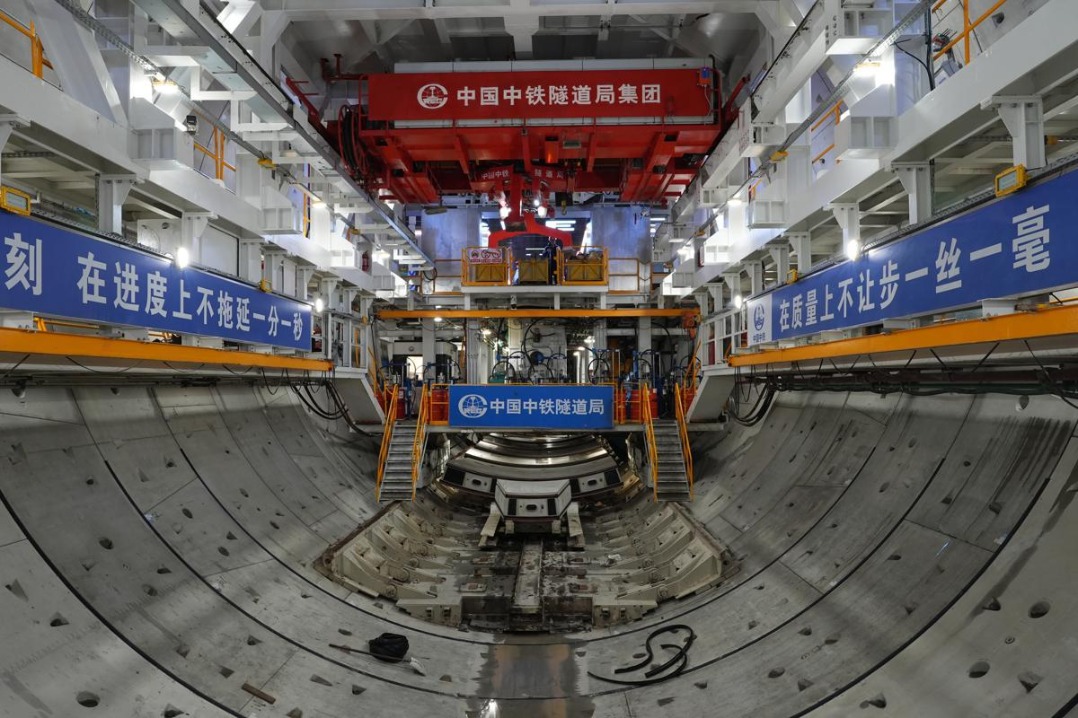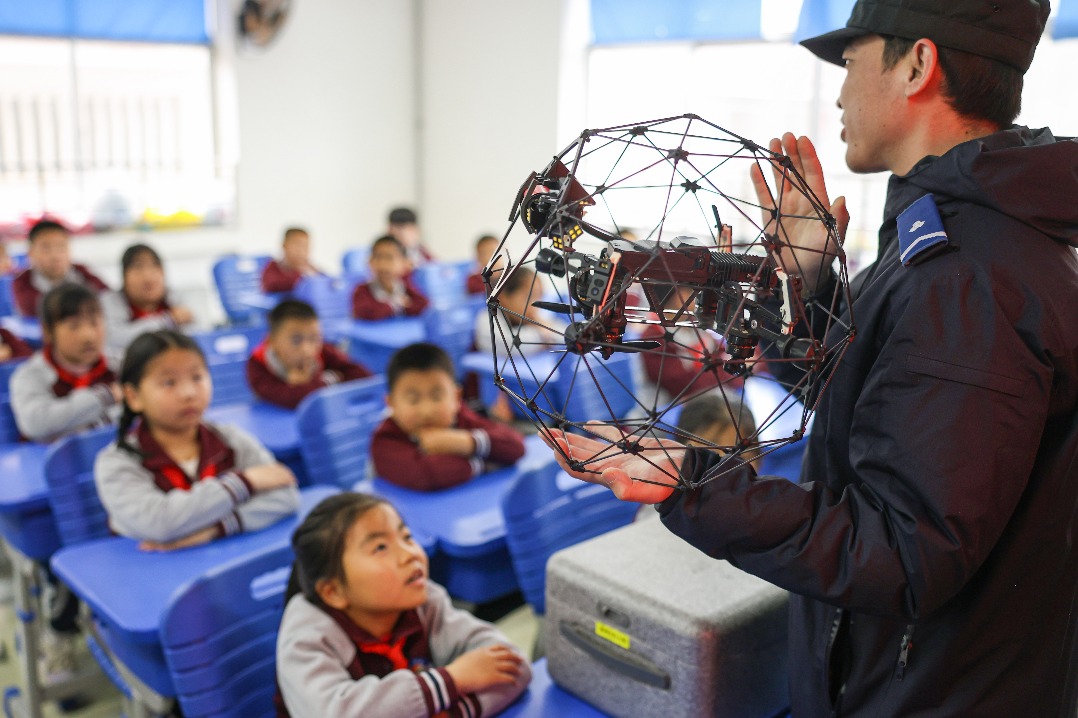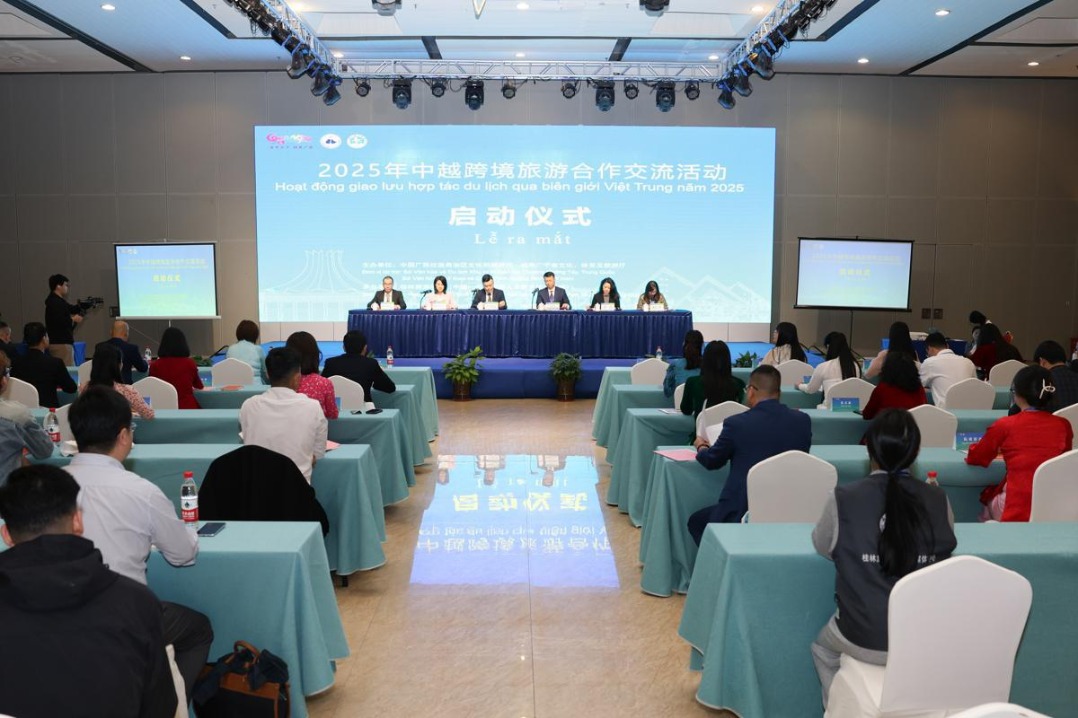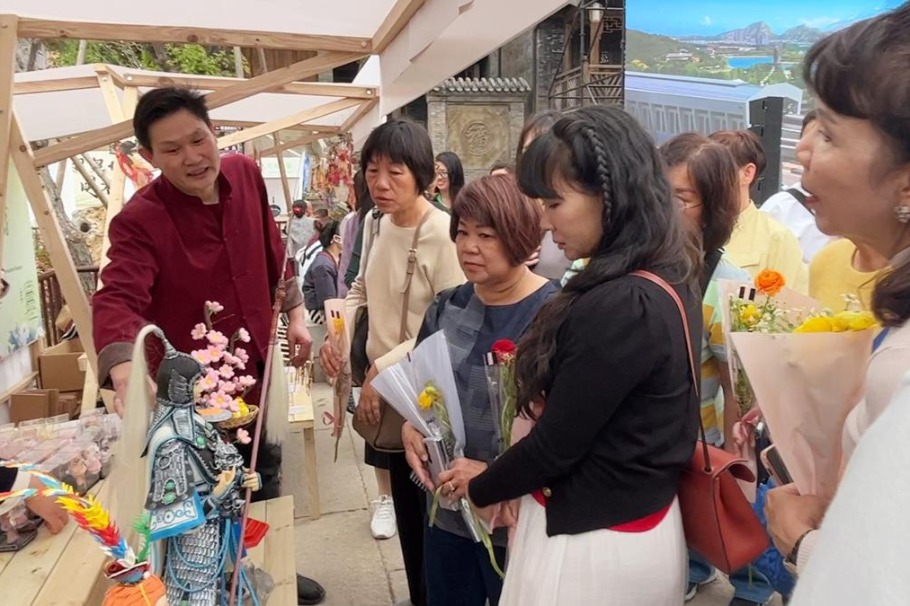University probes student's paper over plagiarism claims

The China University of Political Science and Law in Beijing announced on Tuesday that an investigation has been launched following an academic paper authored by a doctoral graduate and her advisor was suspected to have extensively plagiarized from a Japanese source.
The paper, which examines the criminal responsibility of autonomous vehicle programmers, was co-authored during the study of the graduate, surnamed Jiao, at the university and was published in the core academic journal Study and Exploration in 2023.
The paper has been suspected of having significant structural and conceptual similarities with the Japanese paper, with some sections reportedly directly translated from Japanese to Chinese.
It is further revealed that the graduate's master's thesis and another paper published in the core journal Law Science had plagiarized the works of two professors from universities in Taiwan region, according to Jiangsu-based media outlet Litchi News.
The titles of these papers were nearly identical, differing only in the use of simplified Chinese in her papers versus traditional Chinese in the originals.
On Monday, the University of the Chinese Academy of Social Sciences, where the graduate is currently a State-funded postdoctoral researcher at the law school, announced it had "immediately suspended all her work at the postdoctoral station and initiated an investigation into the case".
Both institutions have underscored their commitment to "firmly upholding academic integrity and addressing academic misconduct with zero tolerance".
This is not the only recent case of academic plagiarism involving the translation of papers from other languages into Chinese, highlighting a broader issue of the urgent need for improved academic oversight and regulation.
Last week, two scholars from South China Normal University in Guangzhou, Guangdong province, faced allegations of extensively translating and plagiarizing a 2018 English paper by a renowned international law scholar, which was published in 2024 in the core journal Open Times, according to Jiemian News.
The journal subsequently issued a statement declaring the paper as suspected of full-text plagiarism and decided to retract it. The university also confirmed the academic misconduct and promised stringent measures.
Last month, Xi'an Jiaotong University in Shaanxi province disclosed in a statement that an associate professor of the university was suspected of nearly verbatim copying an English paper while pursuing a doctoral degree in philosophy at another institution.
Following an investigation that confirmed the allegations, the university terminated the professor's employment.
Academic publishing professionals point to the lack of effective cross-language plagiarism detection technologies as a root cause of such issues.
Plagiarism detection systems are ineffective in the sense that some of them do not incorporate databases in other languages, they said.
Even when plagiarism is detected, overseas publishers can only retract the paper and red-flag the involved scholars, without more effective measures to prevent recurrence.
"The databases of major academic publishers are not interconnected, so if one publisher flags a problematic scholar, others may remain unaware," a staff member from an international academic publisher told China Youth Daily.
It is suggested that academic management departments and universities should develop effective cross-language plagiarism detection software and further enhance academic supervision mechanisms to make the review process more open and transparent.
- University probes student's paper over plagiarism claims
- Extinct Primulina tabacum flower discovered in Guangdong
- China deploys world's first three-satellite constellation on distant retrograde orbit
- China, Egypt to engage in joint military training
- China records fewer major accidents in Q1 of 2025
- Hong Kong 'caught in the middle' of US trade policy, AmCham HK says




































